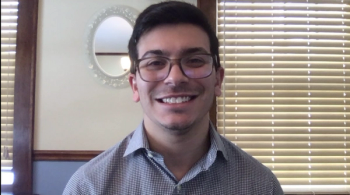
Neurology News Network for the week ending December 26, 2020.

Neurology News Network for the week ending December 26, 2020.
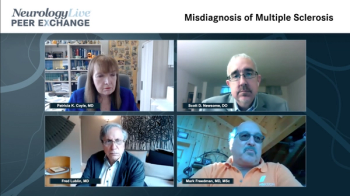
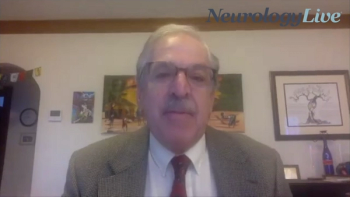
The neurologist from the Comprehensive Epilepsy Care Center for Children and Adults, in St. Louis, Missouri, discussed how his team worked to reduce deleterious ASM interactions.

The director of the Mid-Atlantic Epilepsy and Sleep Center also urged physicians to not give up on the search for effective AEDs for their patients.
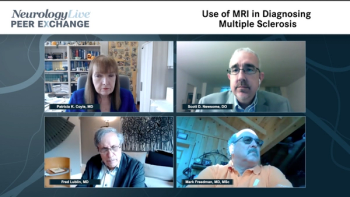
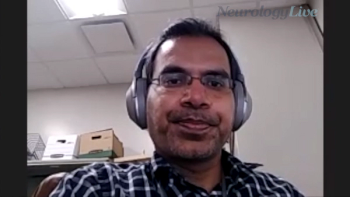
The research scientist from the University of Texas Medical School discussed how machine learning was most effective in predicting delayed cerebral ischemia when it took human-derived variables into account.

The pediatric neurologist and epilepsy specialist at Colorado Children’s Hospital discussed how the treatment landscape for patients with Lennox-Gastaut syndrome could alter if fenfluramine is approved.

Neurology News Network for the week ending December 19, 2020.

The neurologist from the Comprehensive Epilepsy Care Center for Children and Adults, in St. Louis, Missouri, discussed how patients with intractable epilepsy found cenobamate effective.
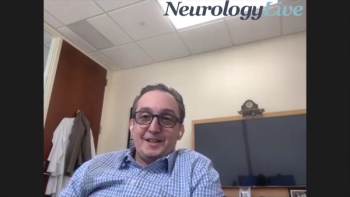
The executive director of the Norman Fixel Institute for Neurological Diseases provided his thoughts on changing the perception of humanitarian device exemptions.
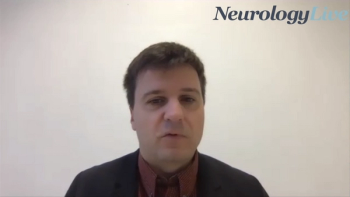
The neurologist from Universitätsmedizin Berlin and Berlin Institute of Health provided his insight on the reasons for the limited number of FDA-approved seizure forecasting devices.
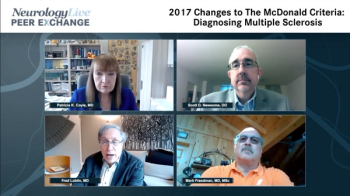

The pediatric neurologist at Montefiore Health System explains the importance of treating infantile spasms as early as possible and how it may impact outcomes.

The neurologist at the Barrow Neurological Institute gave her thoughts on how telemedicine has evolved throughout this year and its potential moving forward.
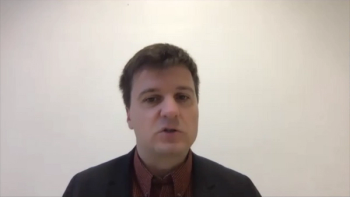
The neurologist from Universitätsmedizin Berlin and Berlin Institute of Health spoke about his study presented at AES 2020 and how the next steps following the positive results.

The neurologist from the Comprehensive Epilepsy Care Center for Children and Adults, in St. Louis, Missouri, discussed how patients found cenobamate effective for up to 43 months.
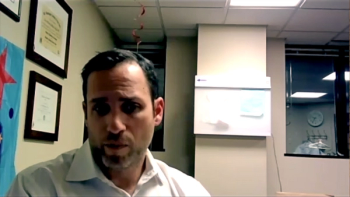
The director of pediatric epilepsy at HMN Hackensack University Medical Center provided background on how his data may change how clinicians use diazepam nasal spray.
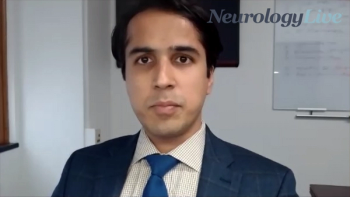
The neurologist from Cleveland Clinic discussed the potential of using perampanel as a monotherapy for patients with focal onset seizures.

Episode 4 of the AUPN Leadership Minute features Clifton L. Gooch, MD, of the University of South Florida; and Robin Brey, MD, of the University of Texas Health Science Center at San Antonio. [WATCH TIME: 3 minutes]

The pediatric neurologist and epilepsy specialist at Children’s Hospital Colorado detailed the results of study of fenfluramine in patients with Lennox-Gastaut syndrome.

The neurologist from the Comprehensive Epilepsy Care Center for Children and Adults, in St. Louis, Missouri, discussed how high rates of seizure reduction were seen in treating drug resistant epilepsy.
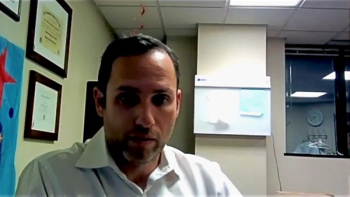
The director of pediatric epilepsy at the Northeast Regional Epilepsy Group discussed his study presented at AES 2020 which involved the effectiveness of diazepam nasal spray regardless of treatment regimen.

Neurology News Network for the week ending December 5, 2020.

The neurologist from Cleveland Clinic discussed initial data from Study 410 and patient compliance rates with perampanel treatment.
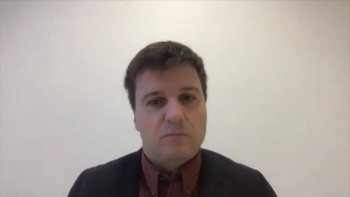
The neurologist from Universitätsmedizin Berlin and Berlin Institute of Health detailed his study from AES 2020 on using wristband sensor data to forecast seizures.
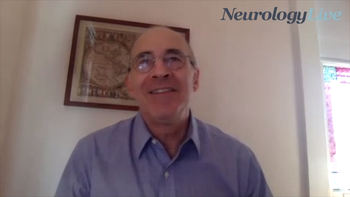
The managing director of the Interdisciplinary Brain Center at Massachusetts General Hospital discussed the process of determining the best situations for use of AMX0035.
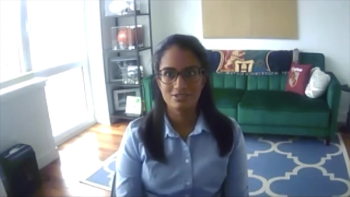
The pediatric neurologist at Montefiore Health System provided her thoughts on the importance of Infantile Spasms Awareness Week.
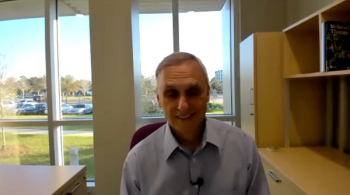
The chief medical advisor for the Muscular Dystrophy Association discussed the organization’s recent annual telethon and the efforts to inform the public about these diseases.

The executive director of the Norman Fixel Institute for Neurological Diseases discussed the role insurance companies play within the system for approving neurological devices for rare diseases.

The research scientist from the University of Texas Medical School at Houston discussed the potential of machine learning to predict outcomes before symptoms arise.